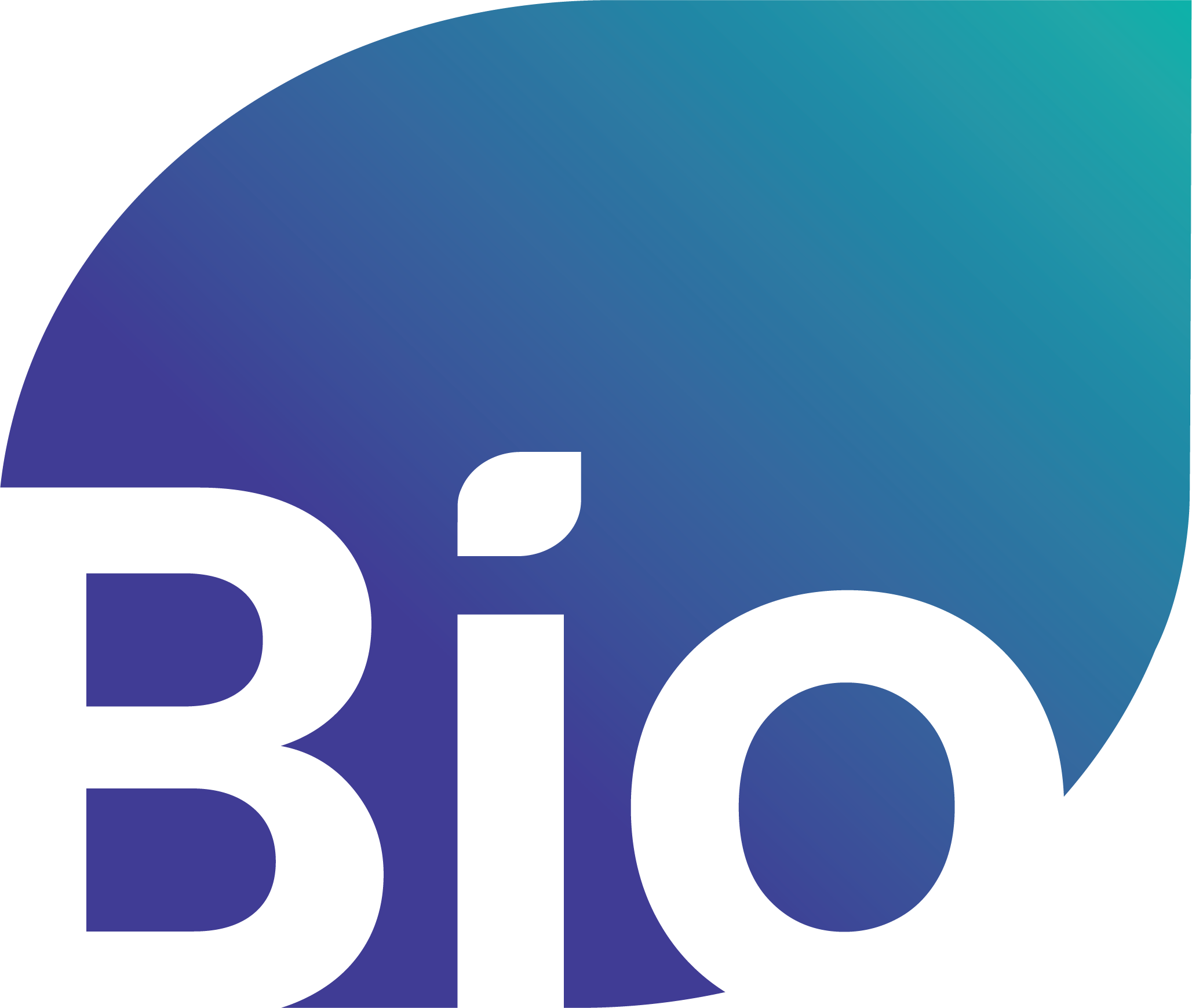Monoclonal antibody treatments are not the same as vaccines. Monoclonal antibodies are medicines that directly deliver man-made antibodies against a virus to your body to help fight off infection. To treat Covid-19, the FDA has approved two monoclonal antibody treatments for emergency use -- bamlanivimab and the casirivimab and imdevimab antibody cocktail. These treatments are given to patients through an IV and attack the natural spike protein found on the surface of the Covid-19 virus. The antibodies typically only last a few months.
Whether monoclonal antibodies can be used to prevent infection is also being studied. However, protection from a monoclonal antibody is not likely to last as long as protection from a vaccine.
Vaccines work differently. They prompt your immune system to "learn" about the virus and build longer-lasting defenses against it. That includes the production of natural antibodies.
Learn more about what a vaccine is here.
You can find additional information on Pfizer-BioNTech and Moderna's mRNA vaccines here.
